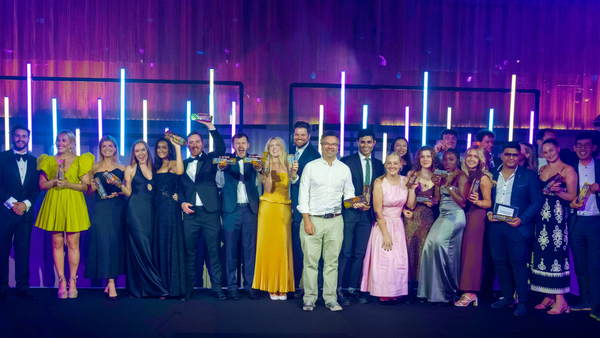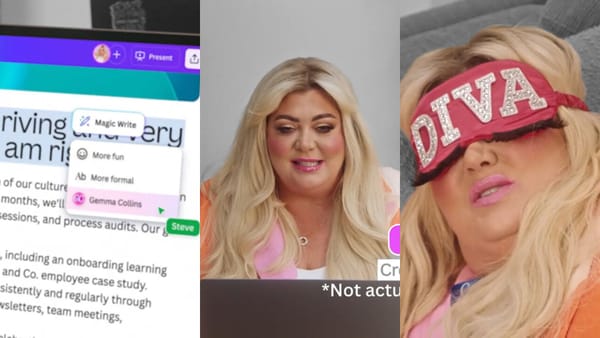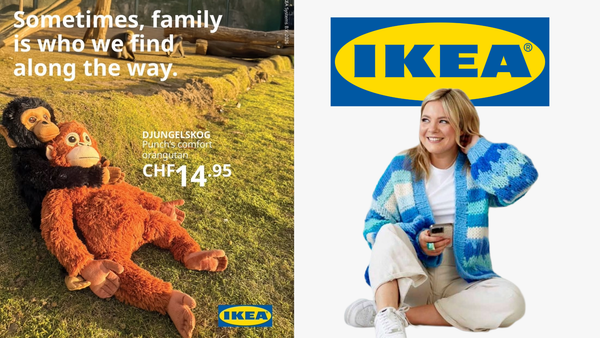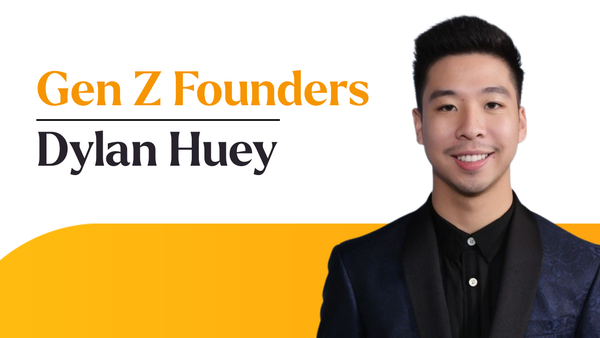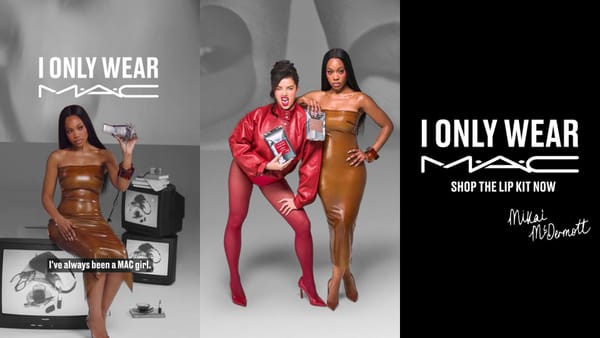Having previously experienced school closures in the first lockdown, the creators of online learning tools have ramped up their platforms and not only tailored them to the needs of online learners but the wants, too.
Amelia Torode, the co-founder of the Fawnbrake Collective, a creative consultancy, told the Independent, “One homeschooling positive, my nine-year-old just made me the most amazing scrambled eggs, which he says he learnt from watching Gordon Ramsay on Tiktok.” Noting that teaching and learning doesn’t always have to be conventional.
Why do short-form videos work for children’s education?
Educational activities are best kept short, which is where these short-form video platforms are great tools. Under sevens usually work in chunks of 25 minutes at school alongside classmates, meaning with one-to-one teaching at home these bursts could be even shorter without the distraction of their peers.
Dr. Elizabeth Hidson, a senior lecturer in education at the University of Sunderland advocates the use of short-form videos in children’s learning, labeling it as ‘micro-learning’.
TikTok themselves have announced a huge $50 million creator fund for educational content, which includes career advice, and life ‘hacks’.
Educational accounts to follow
With the #LearnOnTikTok discover tag on TikTok reaching over 56.3 billion views, you may recognise some familiar faces contributing their content.
Popular television personalities such as Bill Nye, a mechanical engineer, and science communicator, and Rachel Riley, a mathematician, and presenter of Countdown, are among the celebrities sharing their knowledge on TikTok to engage young people in their fields of knowledge.
Nye shares short videos about how face masks can protect from COVID-19, how what we eat can impact the planet, and speedy science experiments. Riley shares maths tricks that will impress your family, solves sums using toys as visuals and teaches her viewers how they can be smarter than a calculator.
Utilising the platform
You may consider looking at how doctor and social media influencer, Dr. Alex George, is using his social media channels to engage and educate his audience on important topics.
A brief look at the Tiktok page of Dr. Alex shows that he shares easy to digest information about why we should be walking every day, why vitamins are important, and why we should be taking care of our mental health. As well as TikTok, Dr. Alex utilises Instagram, YouTube, and also hosts an educational podcast titled ‘The Waiting Room’ in order to make sure his brand remains consistent and relevant.
Brands know that young users are already on TikTok, so brands and influencers alike who provide a source of education to their consumers may want to consider TikTok as a platform to market their educational tools. This schooling from home period could be a great opportunity to bring your brand to as many young eyeballs as possible.
Consumers respond well and engage with brands that share their values. Therefore, brands who devote time and marketing tools to the education of children who aren’t in school are embarking on a worthwhile investment.



